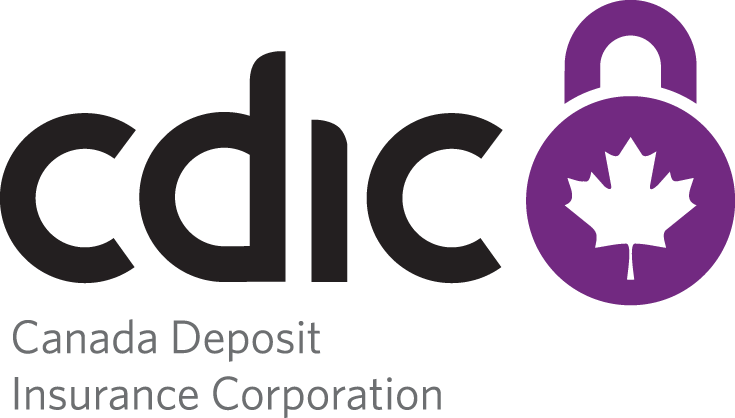Assisted transaction
A CDIC member institution faced with severe financial distress may look for private-sector solutions to avoid failure. If necessary and when CDIC’s goals of protecting depositors and promoting financial stability are met, CDIC can support private-sector transactions.
It could do this by assisting in the sale of the bank or part of the bank to a viable buyer. This can be an advantageous alternative to closing the bank and reimbursing insured deposits because depositors and other customers continue to have access to their money and financial services.
CDIC may assist in a transaction in various ways depending on the circumstances. As long as the two parties are willing to cooperate and key terms and conditions are in place, CDIC can help incentivize the viable buyer to close the transaction by:
- Acquiring undesirable assets
- By purchasing underperforming assets from the bank in distress (at fair-market value), CDIC limits the bank’s potential losses and provides it with liquidity, making the transaction more appealing and less risky for the viable buyer. CDIC then administers the assets with a view to divesting itself of them at an opportune time.
- Making or guaranteeing loans, or guaranteeing asset value (secure and unsecured)
- CDIC can provide a loan to the buyer (at a fair-market interest rate) to help finance the transaction or to the failing bank to improve its liquidity. The loan has to be repaid by a predetermined time.
- In exchange for a fee, CDIC can guarantee a minimum asset value on a bank’s assets, such as loan portfolios. By absorbing all or a portion of a bank’s future losses, guarantees minimize the impact of loan defaults and limit losses. They also improve the bank’s risk profile, further allowing the bank to access funding.
- Acquiring shares or subordinated debt
- CDIC could purchase shares or subordinated debt (unsecured bonds) from the bank in distress to improve its capital and its balance sheet and make the transaction more appealing for the buyer. CDIC would divest when it determines that it is appropriate to do so.
- Enter loss-sharing or loss-protection arrangements
- CDIC can cover potential losses on riskier assets for a predetermined period and a maximum amount. This reduces the buyer’s risk of losses and alleviates uncertainty.
Any potential deal would need to go through regulatory approvals, including by the Superintendent of Financial Institutions, the Minister of Finance, and foreign regulators when necessary.
FAQs
- If my bank is sold, do I need to anything?
- What happens to my CDIC deposit protection if my bank is purchased by another bank, but they remain separate CDIC member institutions?
- If my bank is purchased and merged with another CDIC member, do I get separate CDIC protection?
- If my bank is purchased by a non-member, do I lose my CDIC protection?
